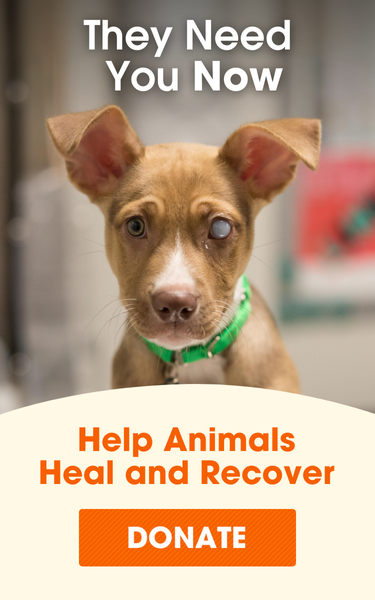
What You Need to Keep Your Pets Safe During a Hurricane

September is Disaster Preparedness month and as hurricanes barrel their way through the nation, the ASPCA Animal Poison Control Center (APCC) wants to make sure you have all the information you need to keep your pet safe if a hurricane hits your area.
What You Need
@aspca Here’s what’s in our disaster preparedness bag. What’s in yours?
♬ All I Want Is You - Disco Lines
Food and Water: Plan for at seven to ten days of food and bottled water for each pet, and keep it in airtight containers. Don’t forget a feeding dish, water bowl and a manual can opener if needed.
Medications: Keep two weeks’ worth of medication for your pet in a childproof and waterproof container, and make sure it is clearly labeled.
Spare Collar and Leash: Have a good leash and collar or harness with current identification information securely attached. Make sure that your pet is not able to slip out of it.
Crucial Medical Information: Keep your veterinarian’s contact information, along with that of veterinary emergency clinics, boarding facilities and animal control, handy. Also keep a copy or USB of your pet’s medical record, microchip information and a current photograph. It is advisable to keep paper copies in a waterproof bag.
Comforts: Pets are frequently frightened during disasters, so familiar toys or bedding can be comforting.
Sanitation: Have litter or newspapers as well as a litter box for cats. For dogs, be sure to have disposable garbage bags for cleanup.
Travel Bag: Make sure you have a sturdy traveling bag, crate or sturdy carrier for each pet. If using a crate, don’t forget a week’s worth of cage liners.
Pet First Aid: You can assemble your own pet first aid kit using these items suggested by the ASPCA Animal Poison Control Center (APCC).
Additional Items to be Mindful of:
- Emergency shelters may not allow pets, so have a list of local boarding facilities, hotels/motels or nearby friends that will allow you to stay with your pet.
- Make sure all pets wear collars and tags with up-to-date identification information. Your pet’s ID tag should contain their name, your telephone number and any urgent medical needs. Be sure to also write your pet’s name, your name and contact information on your pet’s carrier.
- The ASPCA recommends microchipping your pet as a more permanent form of identification. A microchip is implanted under the skin in the animal’s shoulder area and can be read by a scanner at most animal shelters.
